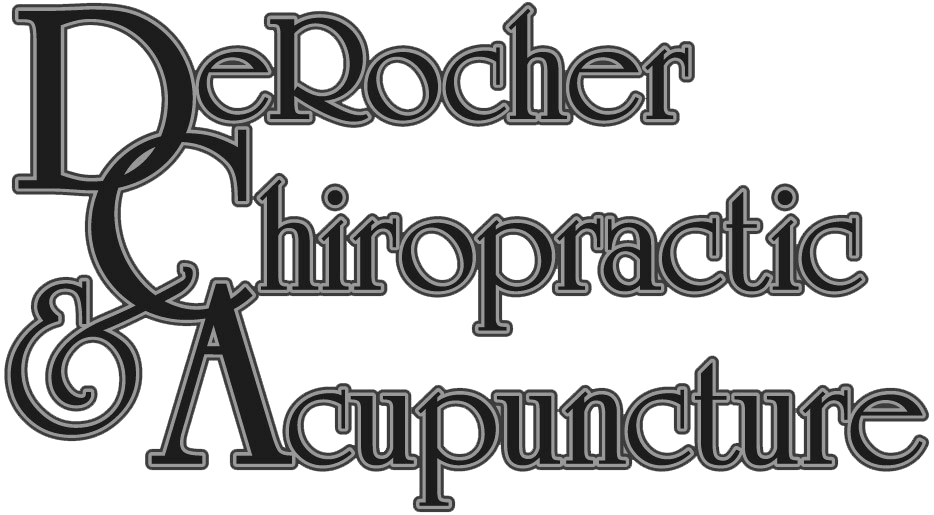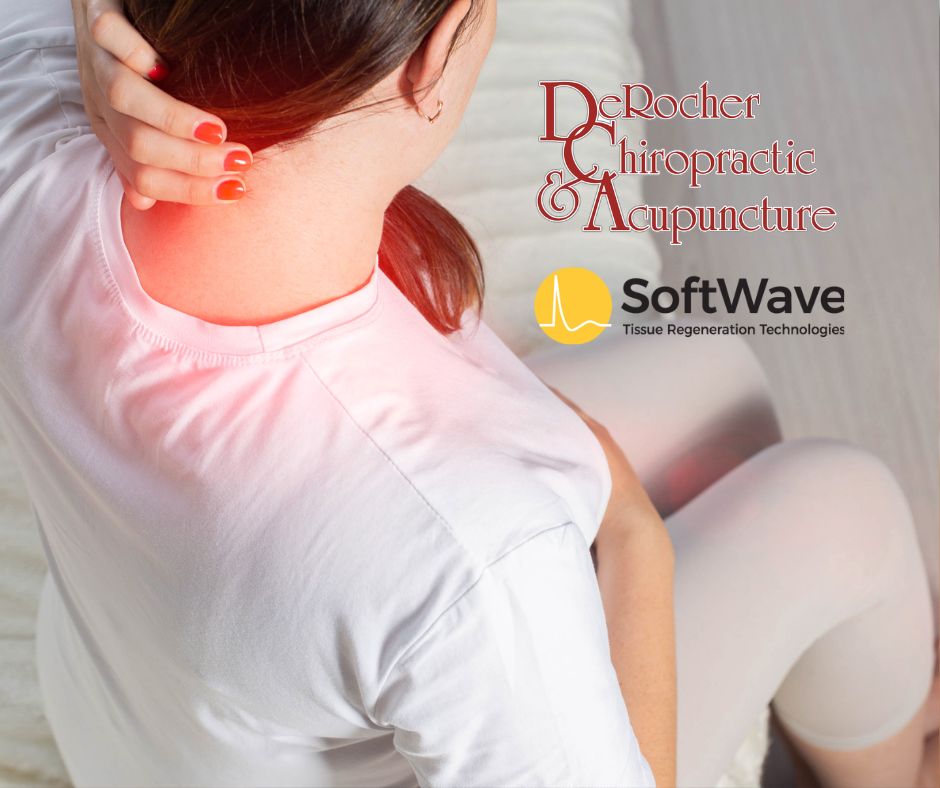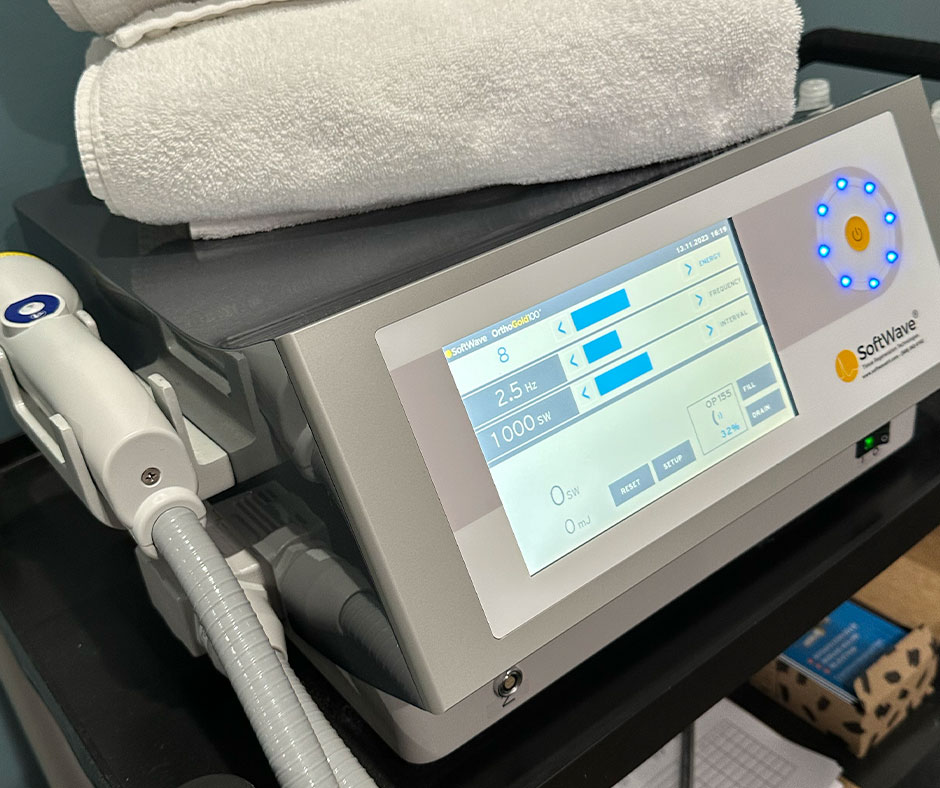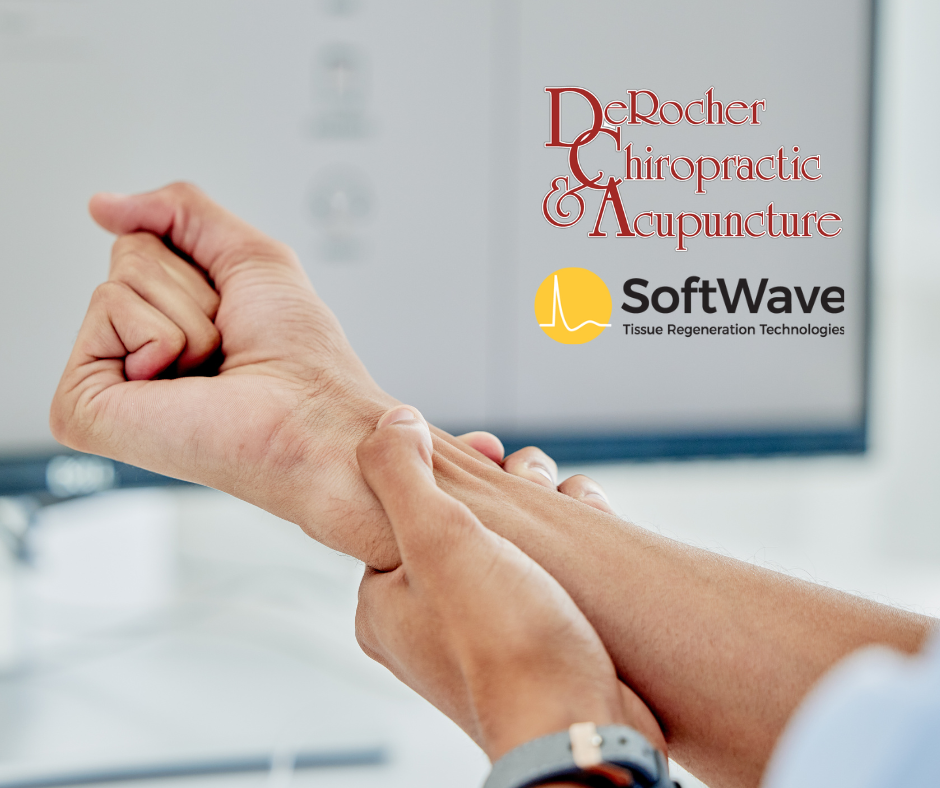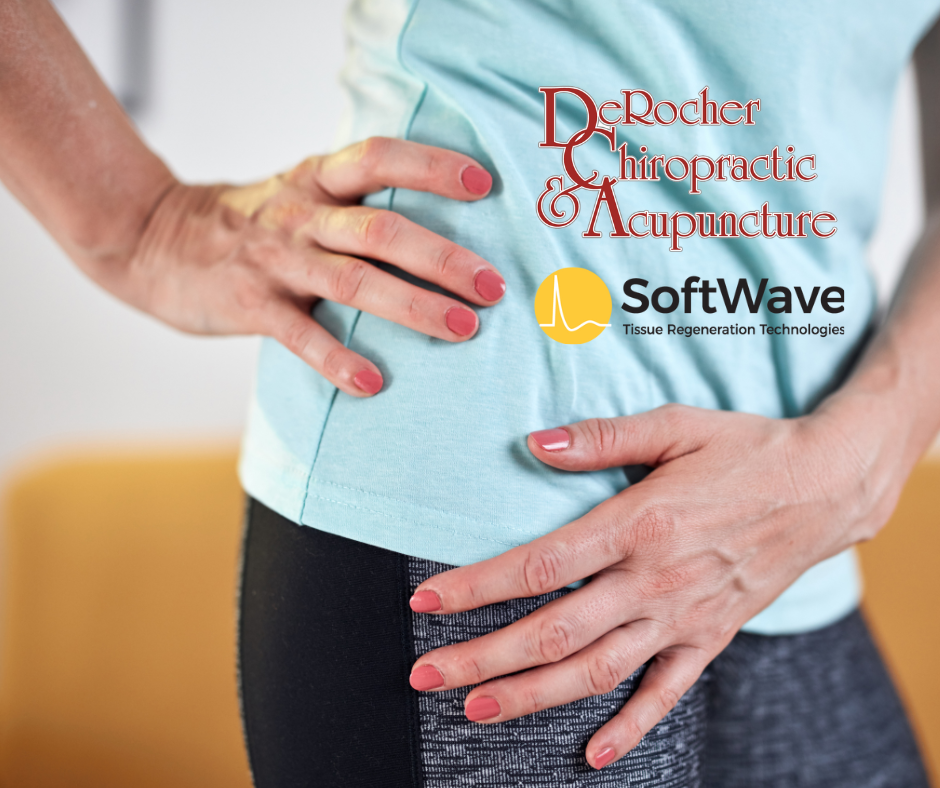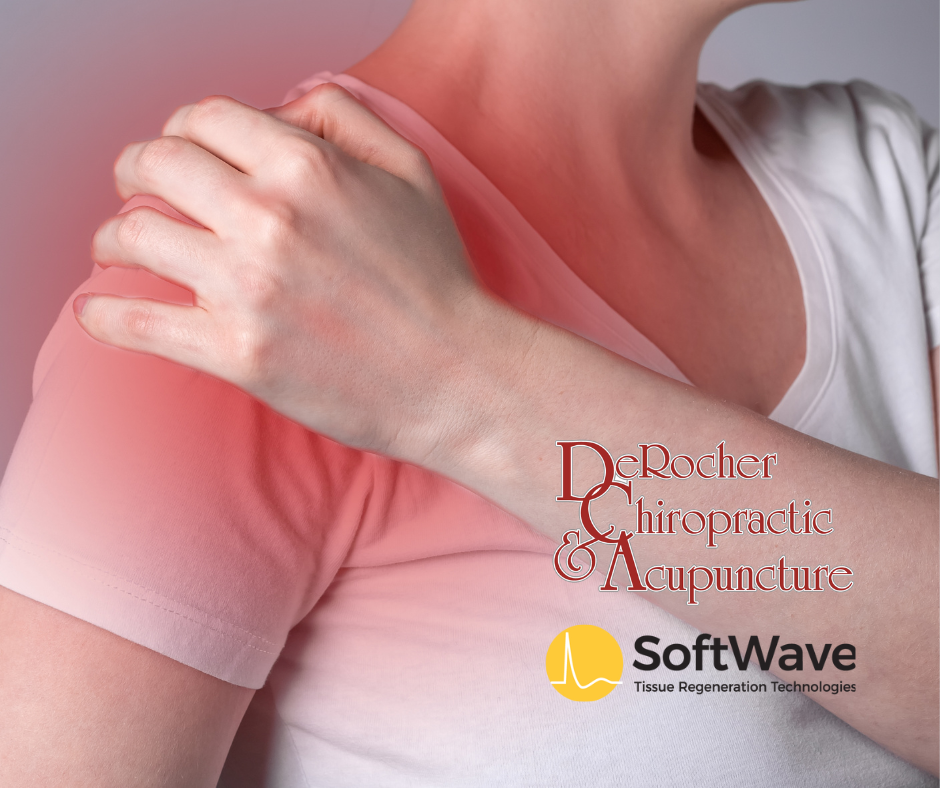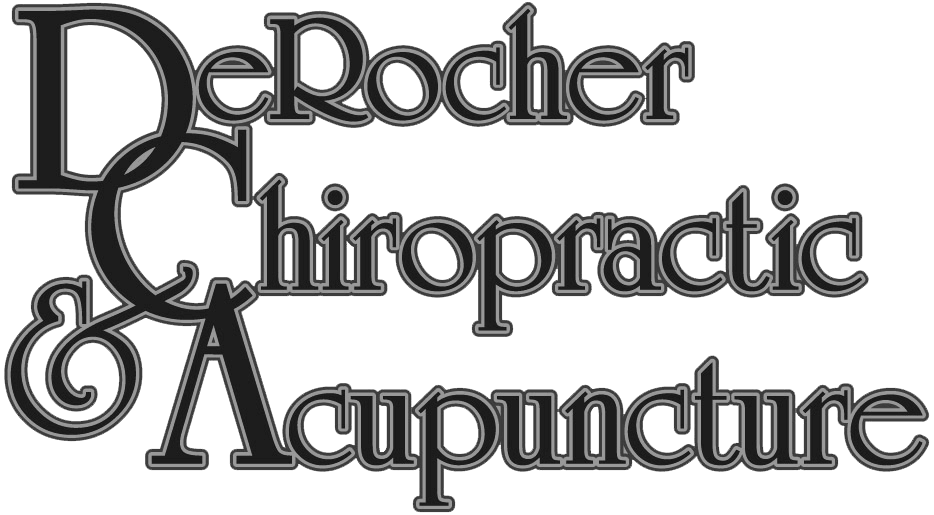Blog
Revolutionizing MCL Injury Recovery: How Softwave Therapy Offers a New Hope
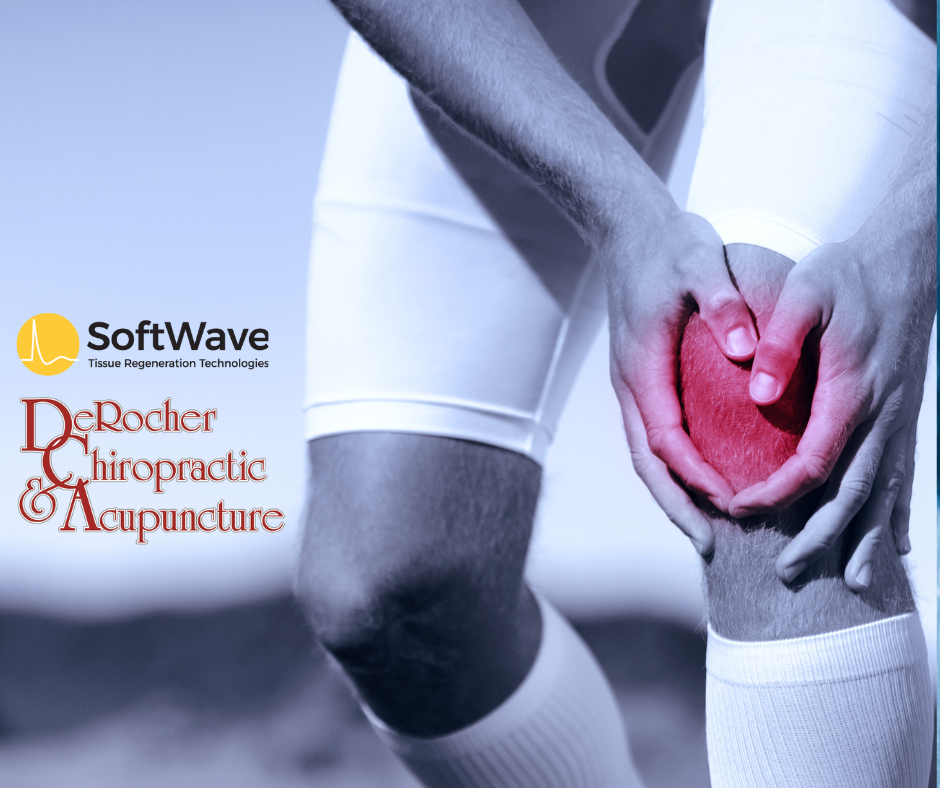
Welcome to the latest entry on the DeRocher Chiropractic & Acupuncture Softwave blog. Today, we dive into the world of sports medicine, specifically focusing on medial collateral ligament (MCL) injuries and the groundbreaking role Softwave Therapy can play in their treatment. Dr. Nick DeRocher, with his deep understanding of both traditional and innovative therapeutic approaches, sheds light on this topic.
Understanding MCL Injuries
The MCL, a key ligament in the knee, can be injured during activities that involve bending, twisting, or a quick change of direction. Common in athletes and physically active individuals, MCL injuries can range from mild sprains to complete tears. Recovery and rehabilitation can be challenging, often involving long periods of rest, physical therapy, and sometimes surgery.
Introducing Softwave Therapy in MCL Recovery
Softwave Therapy, utilizing electrohydraulic supersonic acoustic waves, is emerging as a powerful tool in the treatment of MCL injuries. This non-invasive approach offers several advantages in the healing process.
The Mechanism Behind Softwave Therapy
Softwave Therapy works by delivering targeted acoustic waves to the injured area. These waves stimulate the body’s natural healing processes, increasing blood flow, reducing inflammation, and promoting tissue repair.
Benefits of Softwave Therapy for MCL Injuries
- Accelerated Healing: Softwave Therapy can speed up the recovery process, allowing a quicker return to normal activities.
- Reduced Inflammation and Pain: The therapy effectively reduces pain and swelling, key factors in the rehabilitation of MCL injuries.
- Non-Invasive Treatment: Offering a safer alternative to surgical options, Softwave Therapy minimizes the risk of complications.
- Enhanced Tissue Regeneration: The therapy aids in the regeneration of damaged ligament fibers, potentially leading to a stronger and more resilient MCL.
Comparing Softwave Therapy with Traditional Treatments
Traditional treatment for MCL injuries typically involves rest, ice, compression, elevation (RICE), physical therapy, and in severe cases, surgery. While these methods are effective, Softwave Therapy can complement and enhance the healing process:
- Complement to Physical Therapy: Softwave Therapy can be integrated with physical therapy, offering a more comprehensive approach to rehabilitation.
- Alternative to Surgery: In some cases, Softwave Therapy can serve as an alternative to surgery, particularly in less severe MCL injuries.
- Adjunct to RICE Protocol: The therapy can be used alongside the traditional RICE protocol, providing additional pain relief and aiding in faster recovery.
Dr. Nick DeRocher’s Expertise in Treating MCL Injuries
At DeRocher Chiropractic & Acupuncture, Dr. Nick DeRocher utilizes Softwave Therapy as part of a holistic approach to treating MCL injuries. His experience in sports medicine and rehabilitation ensures that each treatment plan is tailored to the individual's specific needs and recovery goals.
Patient Success Stories
Many athletes and active individuals have experienced significant improvements in their MCL injury recovery after undergoing Softwave Therapy. These success stories highlight the therapy’s potential to not only reduce recovery time but also to improve the overall quality of the healing process.
Is Softwave Therapy Right for Your MCL Injury?
If you’re struggling with an MCL injury, Softwave Therapy could be a vital component of your recovery plan. A consultation with Dr. Nick DeRocher will provide a comprehensive assessment of your injury and determine the suitability of this innovative therapy for your condition.
Call to Action
Don’t let an MCL injury sideline you for longer than necessary. Discover the healing power of Softwave Therapy at DeRocher Chiropractic & Acupuncture.
Contact us today to schedule a consultation with Dr. Nick DeRocher and take the first step towards a faster and more effective recovery.
Book an appointment ONLINE HERE for SoftWave Therapy!
‹ Back
